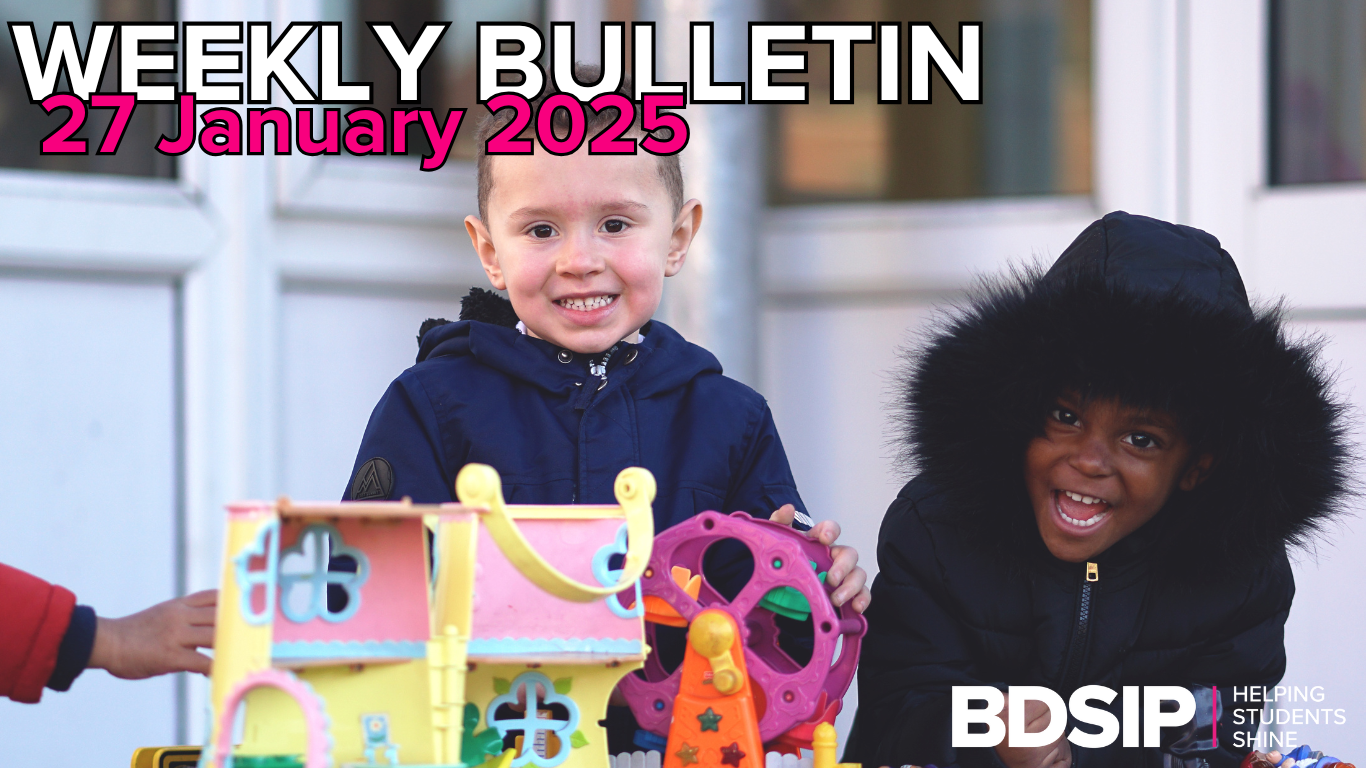Adela Kay, Assistant Headteacher at Aspire Virtual School, has conducted in-depth research on a variety of pressing issues affecting children and young people within our community.
For March’s research, Adela explores key topics such as oracy, parenting support, safeguarding, and the impact of social care policies. Below, you’ll find summaries and links to valuable resources aimed at supporting schools in these areas.
Free Parenting Classes
I came across the Solihull Approach website, which offers free short parenting courses designed to support parents of children of all ages, especially during key transitions. These courses address a variety of parenting challenges. While some courses are behind a paywall, many are accessible for free depending on your location.
📌 Find out more here: Solihull Approach – Parenting Courses
Oracy
The Thinking, Doing, Talking Science programme, developed from research, encourages primary schools to incorporate more practical work and foster greater thinking and talking over traditional writing. I think it ties in well with my previous thoughts on the importance of spoken work in schools. The research paper is worth reading, as it shows how oracy can enhance learning, especially in subjects like science.
📌 Read the research paper here: Thinking, Doing, Talking Science
Additionally, I found a BBC podcast featuring Jamie Oliver discussing his experiences with dyslexia. His insights on alternative learning opportunities are very thought-provoking, especially regarding the cognitive benefits of oral expression and understanding.
📌 Listen here: Jamie Oliver on Struggling with Dyslexia
Contextual Safeguarding: Violence and Young People
I came across a podcast by Professor Carlene Firmin, who talks about contextual safeguarding and the role communities can play in protecting young people from violence. The podcast discusses how even non-professionals, such as shop workers, can act as guardians for teenagers. I found this perspective really interesting, particularly around the idea of holding young people in positive regard and how this can help prevent violence in our communities.
📌 Listen to the podcast: Carlene Firmin: Contextual Safeguarding
Gang Conference
Following the Simon Harding conference at All Saints School, I’ve been reading more about gang involvement and its impact on young people. Simon’s work analyses urban street gangs and their role in youth violence. As a parent, it’s unsettling, but it’s essential to understand these dynamics to protect our children. The articles I’ve attached explore the challenges young people face when navigating gang culture.
📌 Read the report: Orthodoxy on Pupil Gang Involvement
Kinship Care
I found a report on Black and Asian kinship carers that explores the challenges they face, including cultural stigma and systemic barriers. While these carers face the same issues as other kinship families, they also experience unique difficulties. This is a critical area for us to consider when supporting families in our community.
📌 Read the report: Challenges for Black & Asian Kinship Carers
Domestic Abuse
I came across a Women’s Aid initiative called ‘The Monster Who Came to Tea’, an animated film aimed at raising awareness about domestic abuse. The accompanying campaign also calls for more funding for specialist services to support women and children affected by abuse.
📌 Watch the film & read the campaign: Women’s Aid: The Monster Who Came to Tea
Best wishes,
Adela


